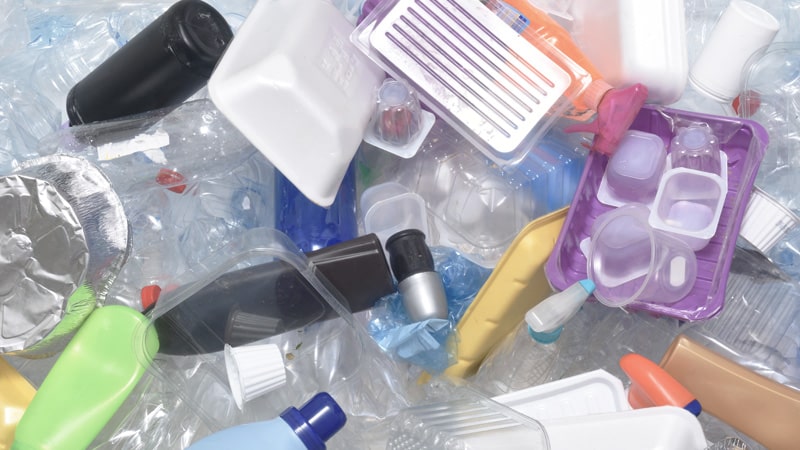Plastic packaging regulation is coming, are you ready?
The way New Zealand deals with single-use plastic packaging is set to undergo a monumental shift, affecting everyone along its supply chain, but is it on your agenda?
On 29 July 2020 Government declared single-use plastic packaging a priority product under the Waste Minimisation Act 2008 – something which seems to have snuck under the radar for many companies.
The announcement means regulated product stewardship schemes will have to be established to manage these products from creation to end of life – ensuring they are reused, recycled or properly disposed of. There’s also a set time frame of between one and three years, and being regulated means all members of a product’s supply chain will be compelled to participate.
Interestingly, this is where most people I talk to sigh with relief, thinking it’s something for their packaging supplier to worry about. However, the Ministry for the Environment’s documentation guidelines include importers, manufacturers, brand owners and retailers, so don’t cross it off your ‘to do’ list.
The announcement included all plastic packaging from type 1 through 7, and any composite materials which contain these plastics. A quick look inside any household rubbish bin will reveal just how big the scope of the announcement is.
This is why taking a collective approach to this issue is so important.
So where to from here? Firstly, don’t panic and begin swapping packaging to other materials like fibre or compostables, as we’ve seen a number of unintended consequences from this – both for the environment and supply chains.
Most industry bodies have waded through the finer details and joining them will enable robust discussion and a collective approach to complying with the new regulations.
Right now, the challenge may seem daunting, but you are not alone. This is something the entire supply chain must solve together.
The upside: More onshore processing for plastic recycling and production of recycled resin, less plastic in landfills and a greatly enhanced social license to operate for everyone involved.
The first in a series written for NZ Food Technology.
Natalie Martin is 3R Group’s Materials Innovation Manager
Connect with Natalie on LInkedIn







